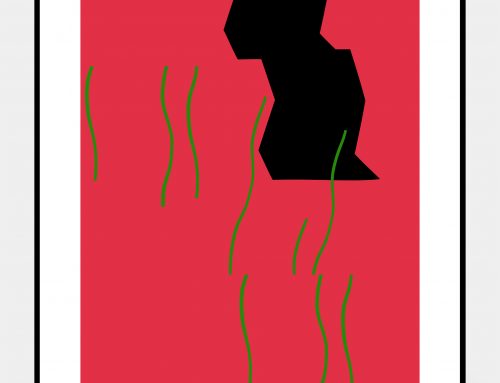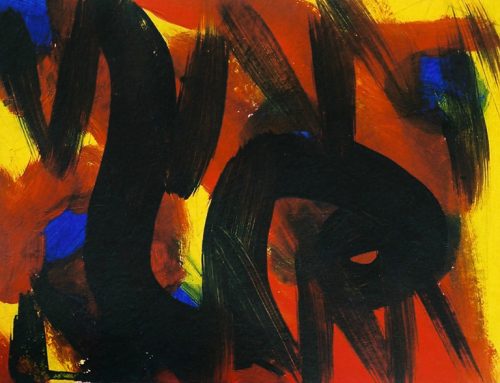Yesterday Chang Lek and visiting friend Richard Wofford and I drove south of Chiangmai, where I live, to Friends of the Asian Elephant Hospital near Lampang Thailand. We began with a very nice conversation with founder and Director-General Soraida Salwala about the hospital, the very cool weather that is currently delighting all of us. It was a magnificent day. We first meandered down to say hello to Motala, a large forty-four year old elephant who has been under the hospital’s care for more than a decade. Motala had lost one of her front legs to a land mine on the border between Thailand and Myanmar (Burma). The event drew world-wide attention and an outpouring of veterinarians, doctors, news journalist and well-wishers arrived on the scene from all corners of the earth to help save the elephant’s life. And indeed her life was saved. And over the years many others have donated their time and expertise; orthopedic surgeons working to develop a prosthesis that would allow Motala better mobility. The first one was simply not strong enough to carry her enormous weight. The second one (shown here) was developed with a more natural leg curve, but Motala finds it uncomfortable; though it looks more natural, the balance is wrong. Now she’s waiting for her final model with which she can move freely about the compound visiting other patients.
(Soraida Salwala, Galen Garwood and Richard Wofford)
( Motala’s prosthetic weighs as much as Chanl Lek)
(Mosha eating breakfast)
Another land mine victim, Mosha, has just been relocated near Motala. Mosha is only about four years old. She stepped on a land mine as a mere baby and she too is able to wear a prosthetic. Although, because of her smaller size and youth, she seems rather agile and moves about with determination on three legs. She is filled with curiosity and a lovely bright spirit.
(Galen and Mosha)
If you ever are in the neighborhood, I very much recommend you visit FAE’s Elephant Hospital. It’s a beautifully quiet place; the affection between elephants and humans is palpable. Not all the elephants are land mine victims. There are as many reasons for elephants to need medical care as there are needs for humans needing medical care. Day by day, week by week, the work goes on. With special gratitude to those who make it happen.
( Soraida Salwala with Motala)
My young friend Chang Lek gratefully did the photographs for this entry.
Stay tuned: The next blog will feature a trip to Pai, Thailand and a visit to my very special friend Panom, a lovely elephant with whom I sometimes go swimming in the cool Pai river and for whom I named the ongoing Panom Project.
Below is a poem I wrote a few years back.
Kind wishes for this day,
LAND MINES
The mahout dozed and straddled the neck
of the elephant while she plodded
a course along the winding, brown river. She would stop
now and then to graze,
twisting bunches of grass in her trunk, snapping off small
limbs of trees, stoking her endless appetite.
The mahout would barely wake then flick
the back of her ears with his feet. Mobra
would push onward through the heat
and drone of flies,
zigzagging shallow cliffs, her shadow leading.
She stopped at the water’s edge to drink and blew a cloud
of mist into the air. Again
the mahout nudged her southward. It was only a second later,
after the concussion,
the ripping of air and the acrid,
smell of hate,
after that, silence, then the sense
of flying occurred to both.
The mahout remembered the elephant
rising and the elephant rose
three meters and arched to the east.
She thought herself unborn
rising in the waters of her mother. It seemed that slow.
She came down on her side and lay
stunned in the bright light, her front right
leg a mangle of blood and bones.
The mahout landed unhurt. He cried and
cried out against the insanity of those
who bring such horror,
and inflict such pain upon the innocent. He pleaded
and prodded the giant to rise
from the smoldering crater of the bomb;
When she lifted herself, he begged her
to cross the river and go back home but
the waters were too high
and swift. For six days he kept her calm
in the shade of the forest.
He brought her food, water and songs; as children,
they had played together. The river, at last, subsided.
The elephant and mahout then re-crossed those boundaries
struck by men, trekked
another hundred kilometers and
prayed for help.
Mobra survived the blast, her days now spent swaying on three
legs, the fourth a tree
on which she leans
her massive head. It is difficult to get up or lie
down at night, her dreams broken
and shot with dread and the terrible
sound of aggression,
and sorrow
and images of humans
she cannot understand.
Galen Garwood 2005 Chiang Mai, Thailand
* Sadly, Mobra passed away several years ago and is buried beneath the trees at FAE’s Elephant Hospital










